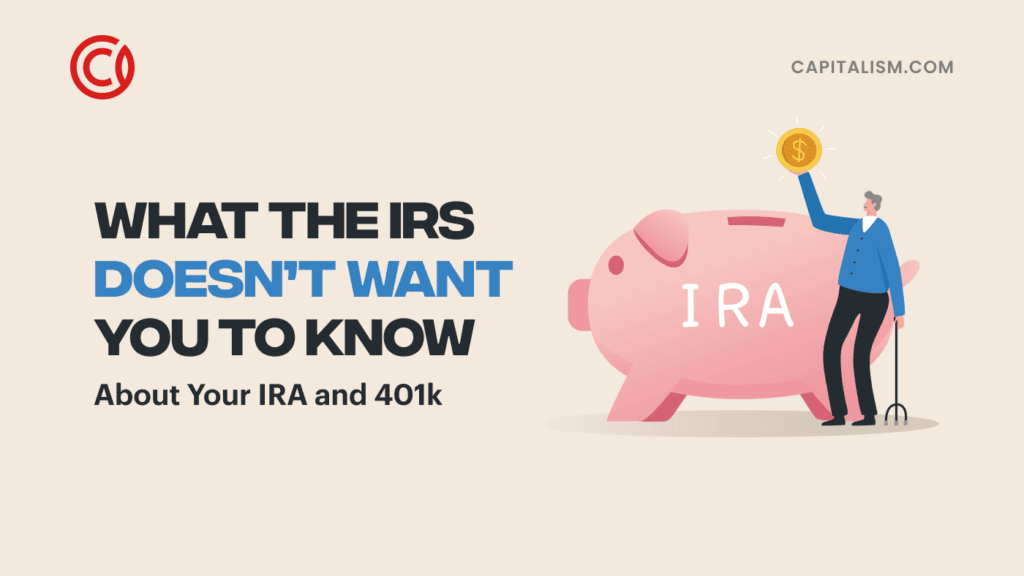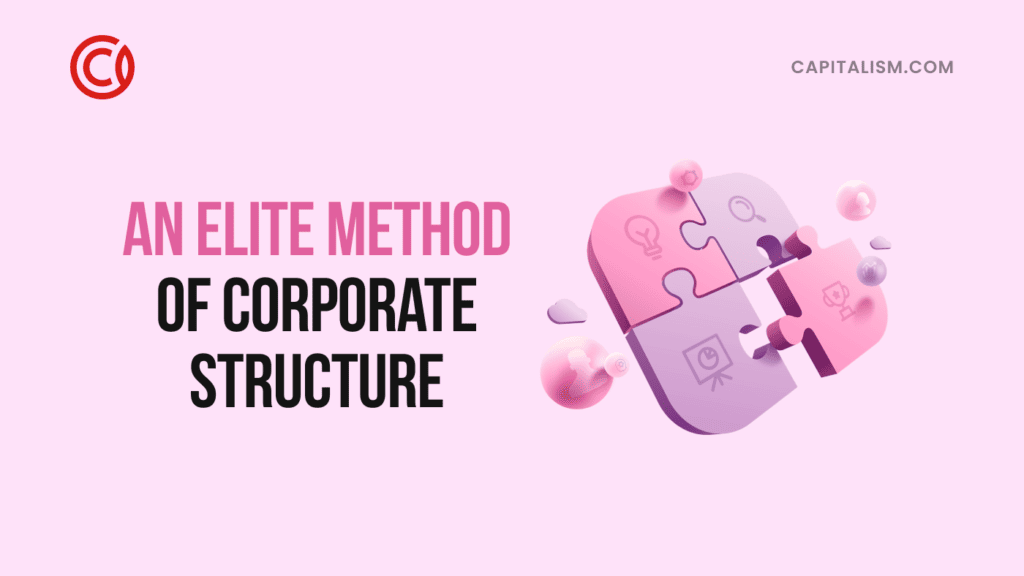One of the many criticisms that progressives and socialists have about capitalism is that it drives, and perhaps even requires people, to become selfish.
But does capitalism promote selfishness?
The critics' notion is that economic progress can only be achieved through unabashed selfish motivations, manifested through market exchange that these progressives and socialists despise of the economic system.
One such critic says that, “greed is good, say the defenders of capitalism” and “the Big Lie is that selfishness is the primary human motivation, always has been and always will be because it is simply human nature.”
While I’m sure there are some Gordon Gekko types out there who would corroborate this argument, it is nonetheless nothing shy of a straw man argument used to paint a distorted picture of what capitalists’ advocate.
And who is this "human nature" anyway? I've certainly never met him.
As Adam Smith wrote in The Wealth of Nations, “It is not from the benevolence of the butcher, the brewer, or the baker, that we can expect our dinner, but from their regard to their own interest.”
Here, Smith is not saying that one’s selfish desires are what make capitalism function.
What Smith is saying is that through one’s self-interested actions, he is contributing to another’s ability to realize his own wants and desires.
Selfishness, as described by Merriam-Webster is the condition of “lacking consideration for others” or “concerned chiefly with one’s own personal profit or pleasure.”
It certainly seems like many in society would qualify as being selfish under this definition.
But also, per Merriam-Webster, the term “self-interest” can be described as “a concern for one’s own advantage and well-being.”
So, are these rotten capitalists acting out of “selfishness” or as Adam Smith called it “self-interest?”
This is where progressives and socialists often go wrong, by conflating these two terms. On the one hand, we have someone who does not consider how his actions affect others.
On the other hand, we have someone who is acting in a way that best benefits himself.
This may seem like a nuanced differentiation, but someone who is selfish would not consider how his actions hurt someone else. A self-interested person is merely seeking to advance himself.
For example, a selfish person may rob a liquor store because he lacks regard for others and cares only for his personal gain. A self-interested person may demand the store clerk match his competitor’s price lest he takes his business elsewhere.
This confusion was made utterly clear in a recent interview on National Public Radio (NPR) titled, “Does Studying Economics Make you Selfish?”
In the interview, the host David Greene speaks with a “social science correspondent” by the name of Shankar Vedantam and economist Homa Zarghamee at Barnard College.
The conversation was centered around the concept of whether or not "learning that selfishness is rational causes students to behave selfishly.”
Among a variety of experiments was a game that was known as the “ultimatum game” in which a student was given $20 and told that he or she must share with another student. The student given the money would determine who to share with, and how much.
The only caveat was that the student who was chosen to share with must agree to whatever the amount was to be shared. If not, then both would get nothing.
Per Zarghamee, “on average, before the lesson, they were offering approximately $8.50. But for people who received the standard economic lesson, it goes from about $8.50 down to about $4.50.” Zarghamee further goes on to say that “they’re internalizing this lesson somehow, and it’s bringing out behavior that isn’t necessarily for the common good.”
As you may have already noticed, there are glaring fallacies at play here with this study.
First, the study is based on a false premise. It assumes that rational self-interest is synonymous with selfishness.
As I’ve already explained above, they are two very different concepts.
Secondly, the study is very disingenuous and clearly a self-fulfilling prophecy. They admittedly claim that economics teaches people that selfishness is a virtue. And they are somehow surprised that after teaching such a lesson that students act selfishly?
The concept of self-interest as it pertains to economics is not measured as one’s desire to satisfy his own wants and desires.
No, it is measured by observing multiple actors all vying for their own interest and how that naturally incentivizes exchange for mutual benefit.
For example, the toy manufacturer doesn’t produce thousands of toys for his own amusement. He does so because he understands that there are many people who want toys. He can maximize his income by producing as many as the market demands of him.
Now, he is acting purely in his self-interest here. But through this self-interested action, he is providing a product that many people value enough to give him their money in exchange. This is the basis for all economic exchange.
It is evident that the study was meant to resemble that of the employer-employee (or perhaps employer-applicant) relationship. The assumption from the study here is that the employer sets the rate which he is willing to hire a new employee, and the applicant has only to accept or reject the offer.
If the applicant accepts the offer, he is doing so purely on the employer’s terms, while if he rejects the offer, both the applicant is out the money, he would otherwise have earned, while the employer foregoes the equivalent in production value, thus, they both get nothing in return.
The underlining argument that we get from this study is that the self-interested employer will seek to minimize how much he must pay for labor, while the employee will just have to suck it up.
But this is far from being realistic. By removing the ability to negotiate a price the employee is at a disadvantage. But why are we assuming the employee has no bargaining power?
Perhaps if we are speaking in terms of monopolies, this assumption may be true. But amidst competing entities, the employee often has multiple employment options to choose from that which add to his ability to bargain for a higher wage.
The study would have been more realistic if they gave the students the ability to choose between multiple offers and then measure how that affected the amounts that were being offered. I’m willing to bet they would’ve found that those offers would’ve increased, not decreased.
And consider the premise for a second. That learning about the ways in which human beings interact in an economy is somehow detrimental to the “common good.” What does that mean exactly?
What is this common good that these elites have apparently discovered and that I should yield my interests for its sake?
It never ceases to amaze me how often that pot continues to levy its charges against the kettle. There is no shortage of virtue signaling when it comes to the question of selfishness in the economy.
But, ironically, those often making the charge are the ones who consistently demand what they did not earn.
MORE OPINIONS ON CAPITALISM.COM:
• Energy Reforms Did Not Cause The Gas Shortage in Mexico, But Will End It
• While Trump Vows to Bring Jobs Back, Skilled-Labor Shortages Worsen
• Think College is Necessary? Think Again.











